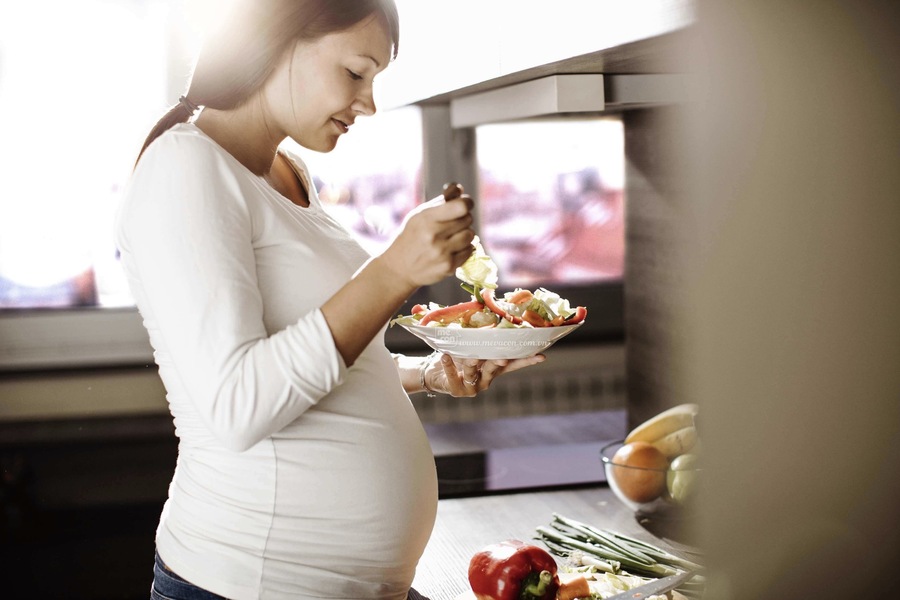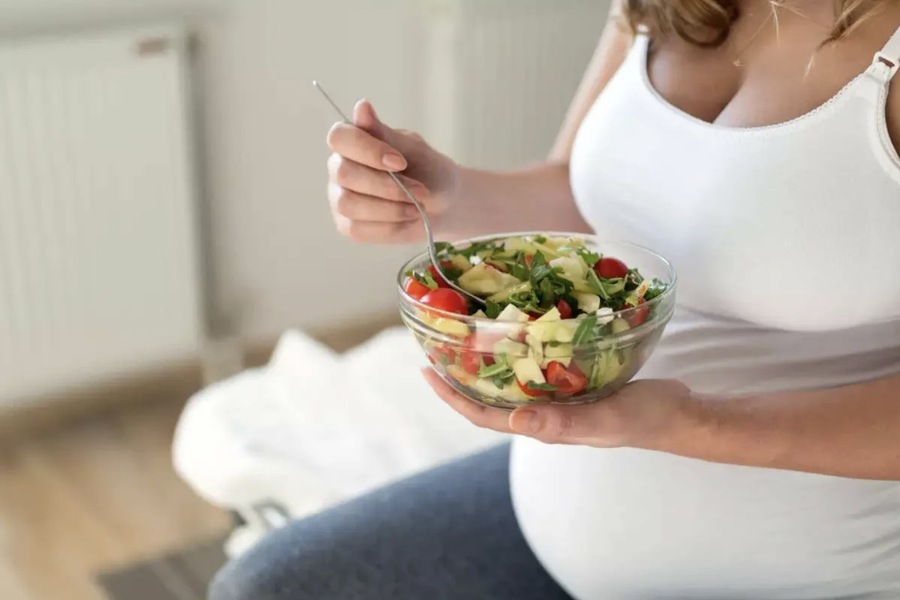In an era defined by rapid technological advancements, health-consciousness, and a shift towards personalized wellness, pregnancy diet meal plans have evolved from a luxury to a necessity. The 21st century has brought with it a seismic shift in how we approach health, especially maternal health. Expecting mothers today are far more informed, proactive, and intentional about what they eat, driven by a plethora of information about how nutrition directly impacts both maternal and fetal health. As a result, the growing need for tailored pregnancy diet meal plan is now more prominent than ever.
From “Eating for Two” to “Eating for Health”
Historically, pregnancy was often synonymous with the idea of “eating for two,” an oversimplified notion that led many to overeat or make poor dietary choices. However, modern medical research and nutritional science have shifted this narrative. It’s not about eating more, but eating smarter. In fact, a well-balanced pregnancy diet is essential for optimal fetal development, as well as for the long-term health of both mother and child.
According to the World Health Organization (WHO), around 15% of women globally suffer from malnutrition during pregnancy, a statistic that underscores the significance of proper dietary planning. The effects of poor nutrition during pregnancy can be detrimental, contributing to complications like preeclampsia, gestational diabetes, and low birth weight. A pregnancy diet meal plan, when thoughtfully designed, can mitigate these risks and ensure that both mother and baby receive the nutrition they need.
The Rise of Personalized Nutrition
The need for pregnancy diet meal plans has surged in the wake of a growing trend: personalized nutrition. Advances in genetics, technology, and dietetics have allowed for more individualized health and wellness plans. Women today are more likely to seek personalized nutrition advice to meet their unique health needs, whether they’re dealing with gestational diabetes, hypertension, or simply want to optimize their pregnancy health.
Personalized pregnancy meal plans go beyond the basic advice of “increase your folate” or “eat more protein” and are now specifically tailored to address individual nutrient deficiencies, health conditions, and even lifestyle preferences. For instance, a pregnant woman with anemia may need a diet high in iron-rich foods, while another expecting mother may need more omega-3 fatty acids to support fetal brain development. Data from the Journal of Nutrition (2023) shows that 72% of women in developed countries prefer tailored meal plans that account for their specific pregnancy needs, emphasizing the shift from generic advice to a more customized approach.

The Role of Technology in Shaping Pregnancy Diet Meal Plans
The rise of digital health platforms and nutrition apps has also played a critical role in the increasing demand for pregnancy diet meal plans. Expectant mothers now have access to a wealth of tools that help them track their nutritional intake, monitor their health metrics, and receive meal plan recommendations tailored to their stage of pregnancy. Apps like Pregnancy+ and Glow allow women to input data related to their health and diet, helping them make informed decisions about what to eat.
This integration of technology with maternal health has proven to be highly effective. According to a 2023 study by the American Journal of Obstetrics and Gynecology, pregnant women who used nutritional tracking apps were 40% more likely to meet their recommended intake of essential vitamins and minerals. The data suggests that when women have immediate access to personalized meal plans and health insights, they are more likely to adhere to healthy eating habits.
Essential Nutrients in Pregnancy Diet Meal Plans
A pregnancy diet meal plan should encompass a variety of nutrients critical for the health of both the mother and the baby. Here are some of the most important components:
Folate and Vitamin B12: These B-vitamins are crucial for preventing neural tube defects and supporting red blood cell production. Foods like leafy greens, citrus fruits, beans, and fortified cereals are essential.
Iron: Iron is vital for preventing anemia, a common condition during pregnancy. Red meat, spinach, and legumes are rich sources of this critical nutrient.
Calcium and Vitamin D: Both are essential for bone development. Dairy products, fortified plant-based milk, and eggs are important sources.
Omega-3 Fatty Acids: Vital for fetal brain and eye development, omega-3s can be found in fatty fish like salmon, walnuts, and flaxseeds.
Protein: Protein supports the development of tissues and organs. Lean meats, eggs, beans, and nuts should be included in a balanced meal plan.
The 2022 Global Nutrition Report highlights the growing reliance on functional foods—those that go beyond basic nutrition to provide additional health benefits. For example, superfoods like chia seeds, quinoa, and avocados are frequently included in pregnancy meal plans, providing a powerhouse of essential nutrients.

Challenges and Barriers
While the need for pregnancy diet meal plans is clear, there are still several challenges that women face when trying to implement a balanced diet during pregnancy. A key issue is accessibility—both in terms of affordability and availability of high-quality foods. Many pregnant women, especially those in lower-income communities, may not have access to fresh produce or may face financial barriers to purchasing premium, nutrient-dense foods.
Another challenge is the lack of awareness or understanding of the importance of nutrition during pregnancy, particularly in developing countries. According to a 2022 report from the United Nations Food and Agriculture Organization (FAO), more than 30% of pregnant women in low-resource settings do not receive adequate nutritional counseling, which could have a direct impact on maternal and child health.
The Future of Pregnancy Diet Meal Plans
As the demand for pregnancy diet meal plans continues to grow, the future will likely see an even greater emphasis on personalized nutrition, technological integration, and holistic health approaches. Expecting mothers will have access to more advanced tools, resources, and services that make it easier for them to access and adhere to nutritionally balanced meal plans.
Moreover, as research continues to shed light on the long-term effects of maternal nutrition on child development and health outcomes, the importance of personalized pregnancy diet meal plans will only continue to rise. The shift towards more individualized, informed, and tech-driven approaches to pregnancy health is not just a passing trend—it’s a sign of a more empowered and health-conscious future for mothers and their children.

Skier, shiba-inu lover, band member, Mad Men fan and independent Art Director. Operating at the fulcrum of design and mathematics to craft experiences that go beyond design. I prefer clear logic to decoration.









